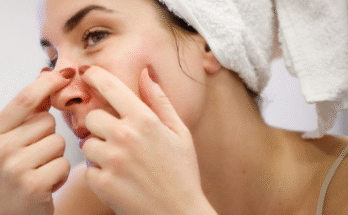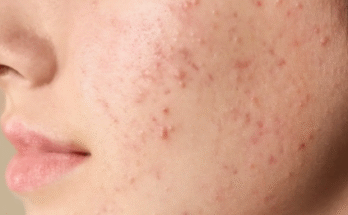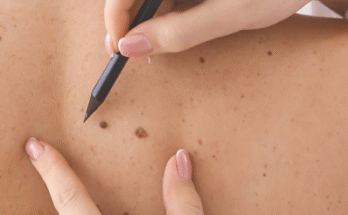When people think of Vitamin C, the first image that often comes to mind is a glass of orange juice or a boost to the immune system. But this powerhouse nutrient has much more to offer—especially for the skin.
In recent years, Vitamin C has become one of the most talked-about ingredients in skincare, praised for its ability to brighten the complexion, support collagen, and promote a more even-looking skin tone. One of its most popular uses is in the care of acne-prone skin and in the appearance of scars left behind by breakouts.
If you’ve been curious about whether Vitamin C can help your skin look smoother, more radiant, and balanced, this guide will walk you through everything you need to know—what it does, how it works, and how to use it safely and effectively.
Understanding Acne and Scarring
Acne is one of the most common skin concerns, affecting people of all ages. It happens when the pores become clogged with oil, dead skin cells, or bacteria. While active breakouts can be frustrating, the marks they sometimes leave behind—often called post-acne scars or dark spots—can be equally challenging. These marks can linger for weeks or even months, depending on your skin type and how your skin heals.
The good news is that the skin has an incredible ability to renew itself. With a bit of help from nourishing ingredients like Vitamin C, the appearance of uneven texture or tone can be improved over time, leaving the skin looking clearer and more refreshed.
How Vitamin C Benefits the Skin
Vitamin C, also known as ascorbic acid, is a natural antioxidant. This means it helps defend the skin against environmental stressors like pollution and sunlight, which can accelerate signs of aging and contribute to dullness. But beyond protection, Vitamin C plays an active role in supporting skin renewal.
One of its main benefits is its role in collagen production. Collagen is a protein that helps keep skin firm, smooth, and resilient. As we age, collagen naturally decreases, leading to fine lines and less elasticity. By encouraging the skin’s natural collagen synthesis, Vitamin C helps maintain a more youthful, supple look.
When it comes to acne scars and marks, Vitamin C’s brightening effect can make a noticeable difference. It helps to minimize the appearance of dark spots and uneven pigmentation, gradually promoting a more balanced tone. While it doesn’t change the structure of deep scars, it can soften their visibility and give the overall complexion a smoother, healthier glow.
How Vitamin C Can Help with Acne-Prone Skin
Many people with acne worry that adding new ingredients might irritate their skin. The key is understanding that Vitamin C can actually support the skin barrier when used correctly. Because it is an antioxidant, it helps reduce the impact of stressors that can make acne worse, such as pollution or harsh skincare products.
Vitamin C also supports the skin’s natural repair process. When used regularly, it may help the skin recover from breakouts more quickly, reducing the appearance of redness or uneven tone left behind. It can also help improve skin texture by keeping it hydrated and nourished, which can make pores appear less noticeable over time.
However, it’s important to remember that Vitamin C is not a treatment for acne itself—it works best as part of a balanced skincare routine that includes gentle cleansing, hydration, and sun protection.
Choosing the Right Vitamin C Product
Not all Vitamin C products are the same. They come in different strengths, forms, and formulations. Some are designed for sensitive skin, while others offer higher concentrations for more noticeable


